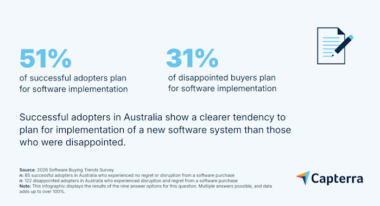Official Results
Saturday Lotto draw no. 4521
Draw Date: Saturday, 16 November 2024
Drawn Numbers
Winning Numbers (drawn order)
[6] [5] [8] [44] [29] [38]
Supplementary Numbers (drawn order)
[1] [9]
Division One Prize Pool $5,028,748.91
Total Prize Pool $16,433,819.95
Super 66 draw no. 4521
Drawn Numbers
Winning Numbers (drawn order)
[4] [4] [5] [8] [0] [8]
Division One Prize Pool $97,425.26
Total Prize Pool $274,448.61
Lotto Strike draw no. 5543
Drawn Numbers
Winning Numbers (drawn order)
[6] [5] [8] [44]
Division One Prize Pool (estimated) $177,769.62

